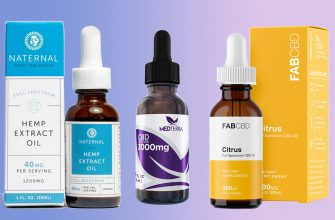CBD may be an effective and safe therapeutic tool against atherosclerosis because it reduces myocardial ischemia.
What is arteriosclerosis?
Atherosclerosis or arteriosclerosis occurs when blood vessels become thick and hard. Arteries can also be damaged due to metabolic disorders or the aging process. Substances such as proteins, calcium, and lipids are slowly deposited in arteries throughout the body.
Eventually, it becomes a life-threatening disorder. However, this disease can be prevented and treated.
It is important to note that heart disease is one of the leading causes of death. Currently, the disease causes more deaths than cancer. Up to 75% of deaths from cardiovascular diseases are caused by atherosclerosis, although the disease is treatable.
How does CBD help with atherosclerosis?
Cannabinoid receptors in the cardiovascular system play a critical role in regulating circulation and cardiac function.
Primarily, body cannabinoids and CBD are major regulators of the immune inflammatory system and circulatory functions. Since atherosclerosis is largely characterized by inflammation, researchers suggest using CBD to counter the progression of the disease.
Cannabidiol or CBD has immunomodulatory effects
This means that it can be used to reduce the progression of atherosclerosis, especially if the disease is caused by high glucose levels. It can also help in the fight against coronary diseases. It can also help in the fight against coronary diseases.
Human and animal studies have shown that the use CBD helps to solve problems related to the endothelium or circulation.
How does cannabidiol work?
CBD leads to the expansion and relaxation of blood vessels. It has been proven to be effective forProtects the integrity of coronary artery endothelial cells and their endothelial function. It was also shown that CBD is effective in reducing cardiac fibrosis, myocardial dysfunction, inflammation, cell death and oxidative stress. All this provides therapeutic benefits for people suffering from atherosclerosis. Scientists have proven that the administration of CBD immediately after the onset of a myocardial infarction is so effective that it reduces the size of the infarction and myocardial inflammation. This shows that CBD can be a very effective therapeutic tool for the treatment of myocardial ischemia.
All atherosclerosis patients who wish to use CBD as a therapeutic aid should speak with their physicians first.
A licensed physician should evaluate the patient’s record and make recommendations as to whether CBD can be used or not.




